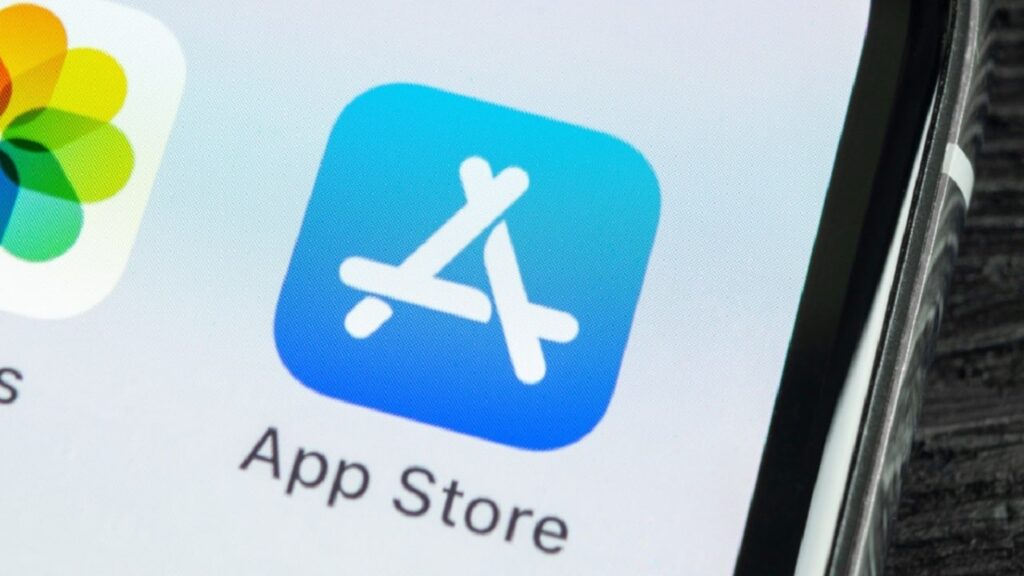The class action which claimed that Apple boasted a market monopoly with the App Store was rejected. Federal Judge Edward Chen, in a ruling of approx 34 pages, dismissed the lawsuit. Let’s find out all the details together.
App Store monopoly charge rejected

One section of the judgment essentially says that the plaintiffs played a bad job exposing their case. The lawsuit was led by the developers of Coronavirus Reporter, whose app has been banned by Apple. The Cupertino company has banned the distribution of the app because did not respect his rules. In fact, the company on its App Store accepts only applications related to COVID-19 made by health organizations e government officials.
Courthouse News reports that the developer initially wanted a preliminary injunction before a full hearing. However the judge rejected the request in its entirety.
The developers argued that Apple used its monopoly power to ban Coronavirus Reporter from the App Store to benefit its “institutional partners”. Apple rejected the software based on its internal policy. According to the latter, the company prohibits the distribution of apps related to COVID-19 unless they are presented by a recognized health authority. The developers said Apple used similar policies to exclude or suppress the rankings of other applications for anti-competitive reasons.
Coronavirus Reporter and his co-plaintiffs searched a preliminary injunction which would temporarily block Apple from keeping certain apps out of its App Store. It is also charging developers an annual fee of $ 99 for App Store submissions. However, in a 34-page ruling issued on Tuesday, U.S. District Judge Edward Chen dismissed the lawsuit.
The statements of the judge
According to the judge Edward Chen, the cause failed to correctly define the market in which he argued that Apple held the monopoly.
The developers described multiple markets in their complaint. Among them we find the “market for smartphones, iOS institutional apps and the national market for the distribution of smartphone apps”.
In subsequent memoirs, the developers tried to make it clear that Apple dominates two primary markets, defined as the “US smartphone market” and “US iOS smartphone market”. They also identified five downstream markets, including markets for wholesale app competition, iPhone apps, authorization tokens to launch iOS apps, onboarding software, and iOS user access.
Chen concluded that these market definitions were unclear and “failed the test”.















Leave a Reply
View Comments